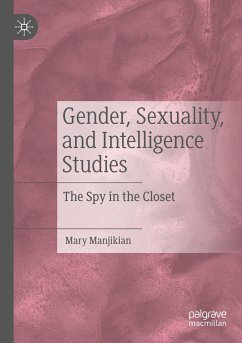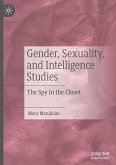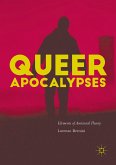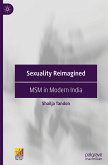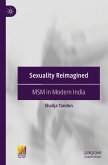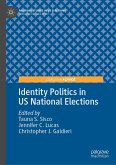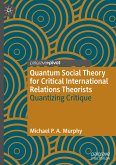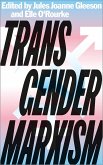This is the first work to engage with intelligence studies through the lens of queer theory. Adding to the literature in critical intelligence studies and critical international relations theory, this work considers the ways in which both the spy, and the activities of espionage can be viewed as queer. Part One argues that the spy plays a role which represents a third path between the hard power of the military and the soft power of diplomacy. Part Two shows how the intelligence community plays a key role in enabling leaders of democracies to conduct covert activities running counter to that mission and ideology, in this way allowing a leader to have two foreign policies-an overt, public policy and a second, closeted, queer foreign policy.
"This challenging and bold study is more than a groundbreaking work in CIS literature ... . this book is highly recommended, not only for CIS academics but also for anyone related to and interested in critical thinking in IR. The fluent and clear usage of language makes it pleasant to read, while the pedagogic usage of mythology narratives facilitates comprehension of the theoretical concepts. ... the theoretical framework presented in this book provides substantial guidance." (Elif Ezgi Keles, The Hague Journal of Diplomacy, Vol. 17, 2022)

